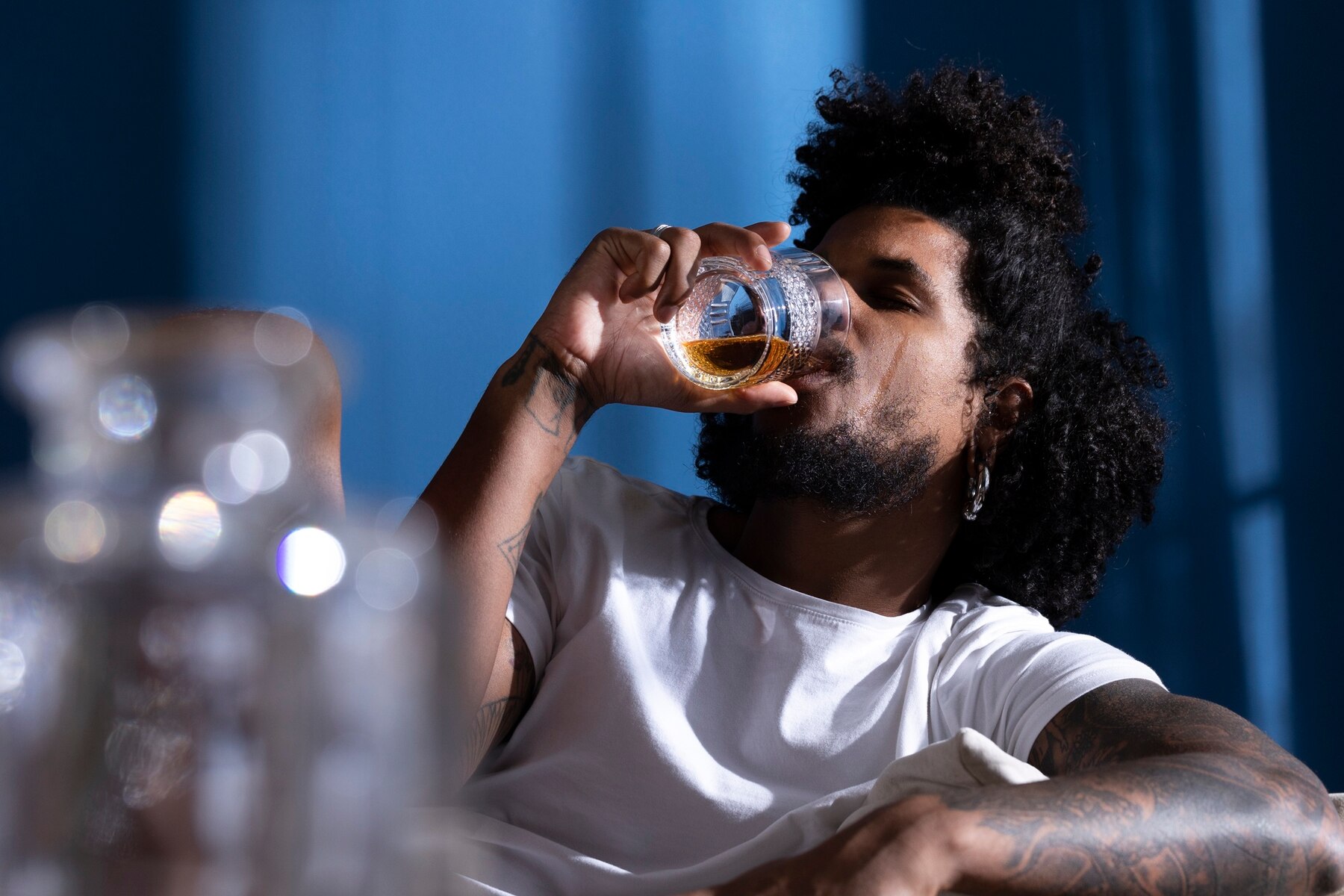Direct, Indirect, and Excise Taxes in India
25 Feb, 2525
Alcohol consumption in India is governed by state laws, meaning the legal drinking age varies across different regions. Unlike many countries where there is a uniform drinking age, India has a complex system of regulations that depend on state policies, religious influences, and cultural norms.
India does not have a nationwide legal drinking age, as alcohol laws fall under the jurisdiction of individual state governments. Here is an overview of the legal drinking age across different states:
18 years – Goa, Sikkim, Puducherry
21 years – Delhi, West Bengal, Maharashtra (beer & wine), Tamil Nadu, Karnataka
25 years – Maharashtra (hard liquor), Punjab, Haryana, Chandigarh
Prohibited (Ban on Alcohol) – Gujarat, Bihar, Nagaland, Lakshadweep
Some states impose restrictions on certain types of alcohol, while others have complete prohibition laws, making it illegal to sell, consume, or distribute alcoholic beverages.
Dry States and Prohibition
Gujarat, Bihar, Nagaland, and Lakshadweep have implemented a complete ban on alcohol. In these states, the sale and consumption of liquor are illegal, and violators can face severe legal consequences, including imprisonment and hefty fines.
Restricted Sale and Consumption
Some states, like Kerala and Tamil Nadu, have imposed government-controlled liquor policies. This means that alcohol is sold only through state-run shops with regulated pricing and quantity restrictions.
Special Licenses for Consumption
In states like Maharashtra, individuals above the legal drinking age must obtain a drinking permit to consume alcohol legally. Without this permit, drinking remains technically illegal even if the person is of legal age.
Several factors contribute to the differences in drinking ages and prohibition laws across Indian states:
Religious and Cultural Influences – Many states have significant populations that follow religions discouraging alcohol consumption, such as Islam and Jainism.
Health and Safety Concerns – Higher drinking ages and prohibitions aim to curb alcohol-related issues such as drunk driving, substance abuse, and health risks.
Political and Social Policies – Governments regulate alcohol consumption to maintain law and order and control revenue generation through state-run liquor sales.
Underage drinking is a punishable offense in most states, with penalties ranging from fines to imprisonment. Common legal consequences include:
Fines ranging from ?2,000 to ?10,000
Imprisonment of up to 6 months for repeated offenses
Cancellation of licenses for businesses selling alcohol to minors
Strict action for drunk driving under the Motor Vehicles Act, 1988
The legal drinking age in India varies from 18 to 25 years, depending on the state, while some states completely prohibit alcohol. Understanding these laws is crucial to avoid legal complications and ensure responsible drinking. If you have any legal concerns regarding alcohol laws in your state, consulting a legal expert is always advisable.
0 Comments